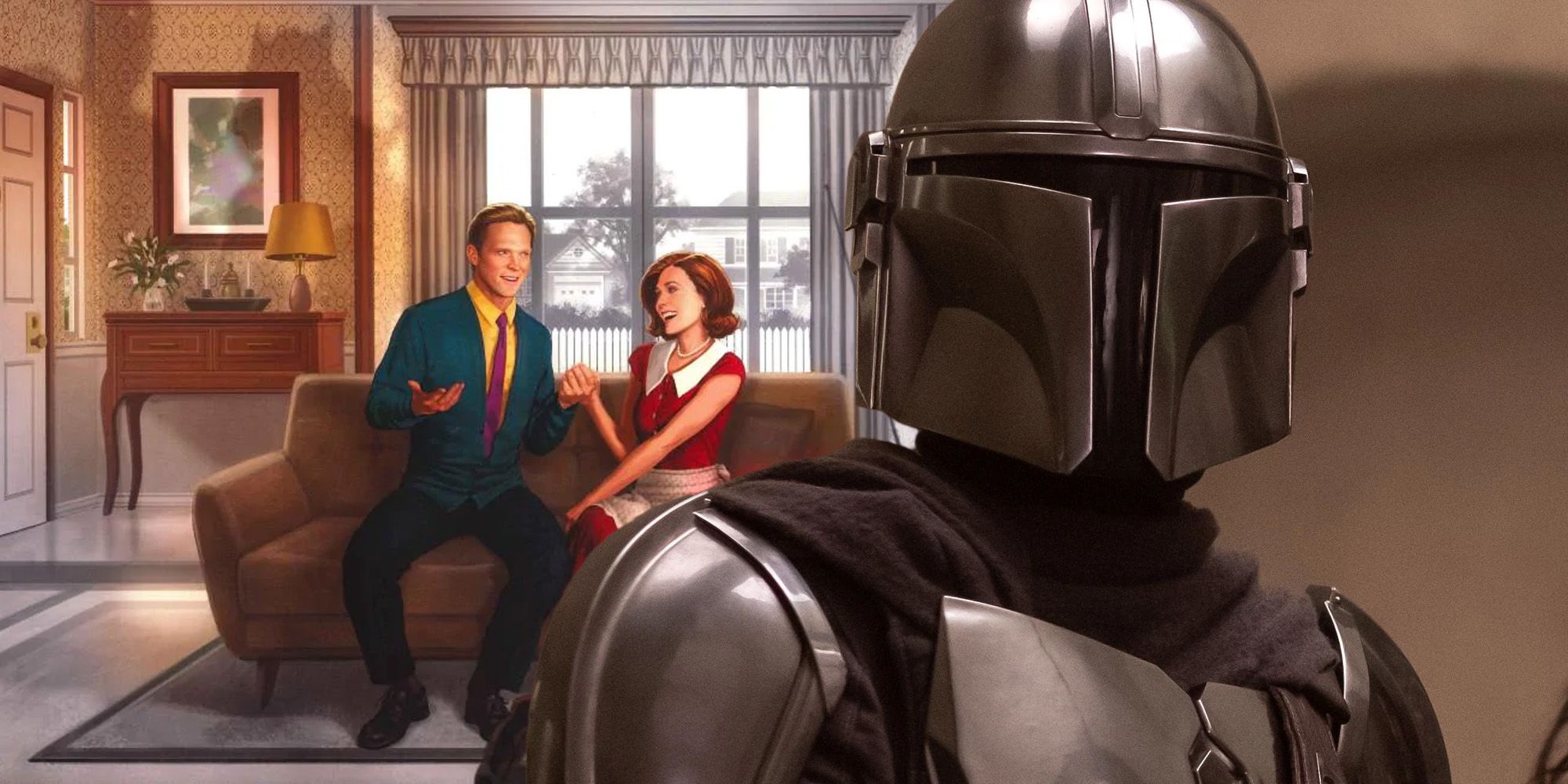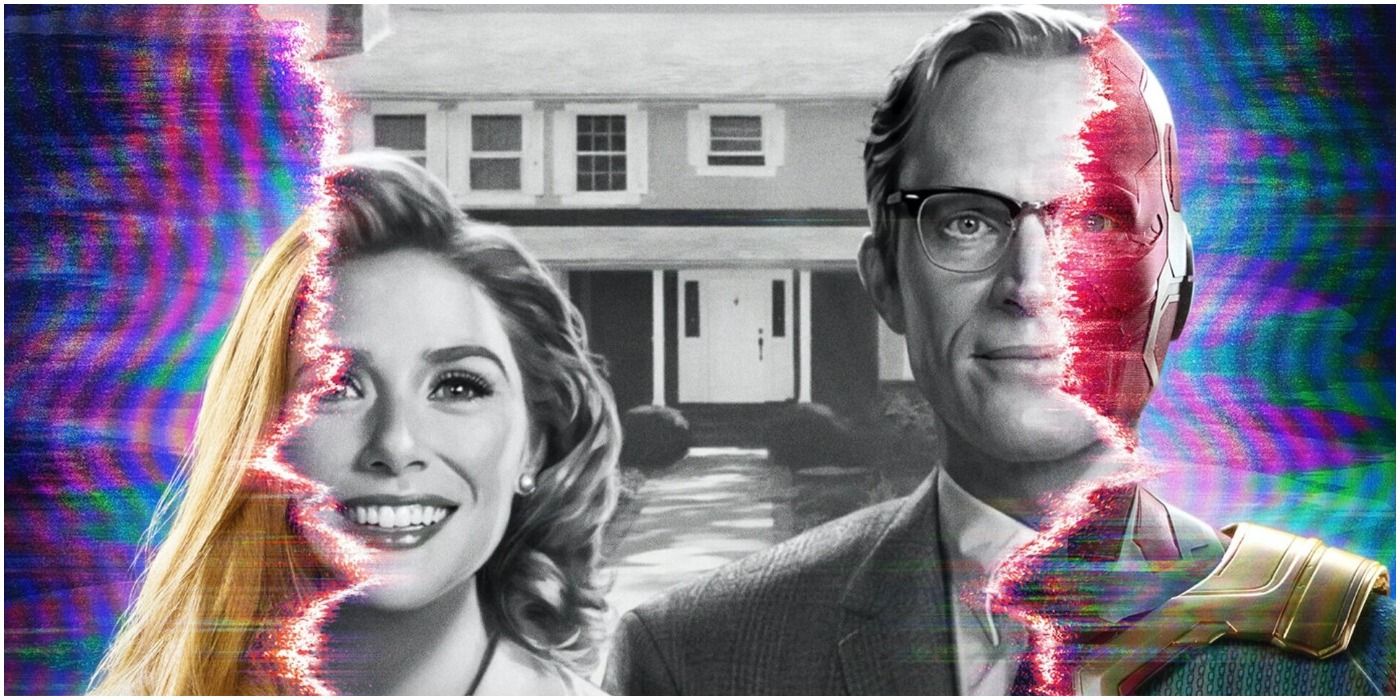
WandaVision follows the same release model as The Mandalorian; this is a good idea, and helps to build intrigue around the show’s many secrets. Contrary to many of their streaming rivals, Disney+ decided to release episodes of The Mandalorian on a weekly basis, rather than dropping an entire season at once. This gave the fandom time to digest and discuss each episode and afforded the show a longer-lasting impact on popular culture. While this model has been lightly criticized for being a more traditional, TV-like approach, the benefits of a week-to-week release model can certainly outweigh the drawbacks when paired with the right material.
Director Matt Shakman and MCU producer Kevin Feige have both acknowledged The Mandalorian’s influence on WandaVision’s release schedule. Speaking with ET, Shakman said, “I love the idea of week-to-week. Binging has its place, for sure, but there's something about the mystery - especially for a show like WandaVision - where people can think about what they've watched and come up with their own theories and it builds anticipation”. Shakman then cited The Mandalorian and Game of Thrones (which he also worked on) as key influences for this decision. Feige’s take was slightly more business-oriented (via CB), wherein he praised The Mandalorian’s marketing and how the weekly release schedule “event-ized” the show - a feeling that Marvel aims to instill in their audience with each new MCU project.
Despite big stylistic differences, The Mandalorian and WandaVision both tell stories in a similar way: largely episodic in nature, but with elements of serialization that help to build anticipation week to week. While each episode tends to tell a relatively self-contained story that is satisfying in and of itself, they also point to a larger, serialized mystery that keeps viewers coming back for more. In The Mandalorian, Grogu was the mystery - his origins and power revealed slowly over the course of two seasons. WandaVision, on the other hand, takes a more meta approach - presenting events in a throwback, sitcom format that seems at odds with previous MCU conventions. As such, WandaVision’s unique style and episodic nature are, in fact, its serialized mystery.

Though mostly positive, the weekly release model can have a few drawbacks. Namely, filler episodes feel more like filler if the audience has to wait an entire week until the next one. While this has been somewhat noticeable in The Mandalorian, WandaVision’s sitcom-stylings will probably help to tackle the problem. Sitcom episodes are almost always “filler” because the genre relies on upholding a never-ending status-quo. If a character’s situation changes, they almost always end the episode back in their original situation. Cleverly, WandaVision’s characters seem to be acknowledging this formula, with cracks in their sitcom existence revealing an uncanny mystery at play.
Purely serialized shows can often suffer from diminishing returns when released on a week-to-week basis, with viewers dropping off in the middle of a season as the satisfaction felt at the end of a completed story arc feels frustratingly out of reach. Instead, serialized shows tend to work better with a more binge-friendly release model, wherein said satisfaction can be achieved at the viewer’s own pace. Essentially, serialized shows often feel like long movies, whereas episodic shows are more anthology-like and tend to feel less daunting to the viewer. The hybridization of these two models, though not unique to The Mandalorian and WandaVision, is clearly working for Disney. While it’s currently unclear whether other MCU shows will follow suit, this approach could stop the lengthy continuity from feeling too overwhelming for new viewers.
https://ift.tt/2Y4sywW
January 22, 2021 at 04:51AM




